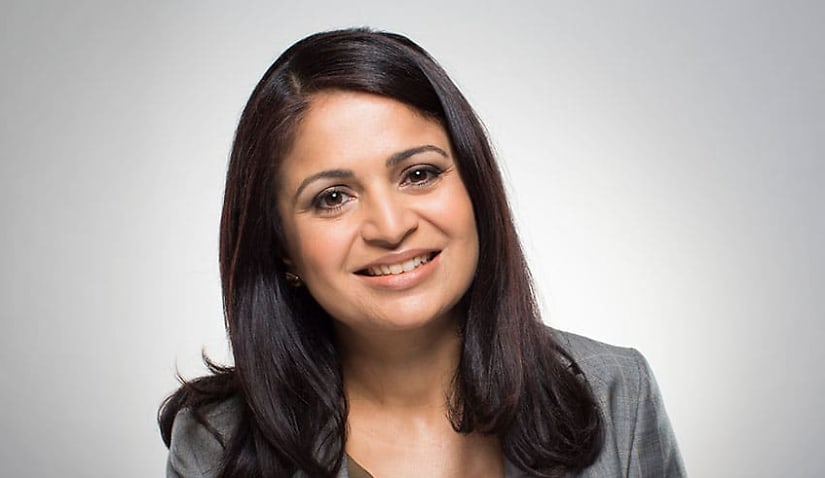After 125 years of operation, adaptability and innovation are essential to stay aligned with evolving societal norms, says the first female managing partner of Carroll & O’Dea.

Speaking on a recent episode of The Lawyers Weekly Show, Hanaan Indari, the first female managing partner for national law firm Carroll & O’Dea, reflected on how the firm has successfully navigated over a century of operation by embracing adaptability and innovation. She highlighted how these qualities have enabled the firm to thrive and remain relevant while staying true to its core values amid a changing society.
In the same episode, Indari reflected on her journey to becoming a BigLaw firm’s first female managing partner.
She said that a critical aspect of the firm’s evolution has been its departure from the conventional nine-to-five office work structure. The firm has instead implemented a more flexible work arrangement for its lawyers.
“Giving people flexibility allows them to have control over their destiny, as it were, and they can choose to work where they would like to work,” she said.
She said that implementing flexible work arrangements has enabled the law to cater to and accommodate the diverse needs of its lawyers, ultimately contributing to higher employee satisfaction and retention.
“It fits in with people’s lifestyles. We found across the firm, whether it’s people that have, you know, caring duties or, you know, children or simply just want to do different things in their life,” she said.
Indari said that implementing a flexible work approach will not compromise or detract from the firm’s productivity: “I mean people will work [and] do the work regardless of where they’re doing it. So I think it’s very important to make it available”.
Despite the firm’s flexible work arrangements, Indari acknowledged the continued importance of maintaining a physical presence in the office.
She said that in the legal profession, where personal connections and in-person interactions are crucial due to the demanding nature of the work, having a physical workspace remains essential.
“But at the same time, I think it’s also important to maintain a level of coming into the office because I do think, particularly our mental health, it’s very important to connect with people and have that face-to-face interaction,” she said.
The firm’s adaptation encompasses not only enhanced workplace flexibility, but also notable advancements in digital transformation.
Before the COVID-19 pandemic, Indari reflected on the firm’s strategic initiative to undertake a substantial digital transformation project.
“Just prior to the pandemic, we had a drive, first of all, to try and digitise the office, as it were. So moving away from paper files to online files,” she said.
“That was quite a large undertaking [as] we’ve got lawyers across all demographics, so people were kind of working in different ways. Some took it up more quickly and easily than others, but, you know, we’re nearly there.”
Looking to the future, Indari said that the firm remains committed to technological innovation, with a particular focus on leveraging artificial intelligence (AI) to optimise operational efficiency further.
“We’re also looking at different AI products at the moment and seeing how we can use those in different areas of practice,” she said.
“For example, we’re looking at workers compensation. There are certain repetitive tasks, so it might assist with that. Then we have other key clients who we receive a large volume of documents from them almost on a daily basis. So being able to produce chronologies of those very large documents, that will save the lawyers internally a lot of time.”